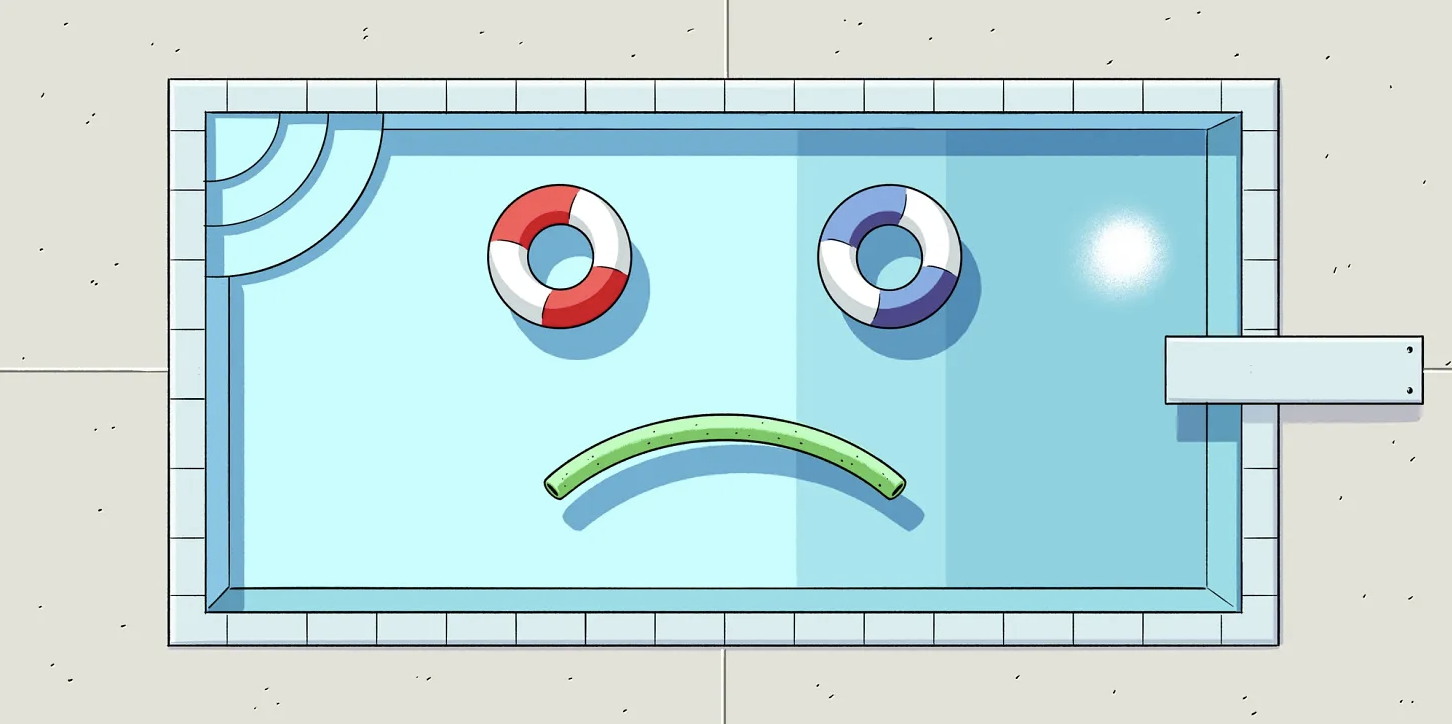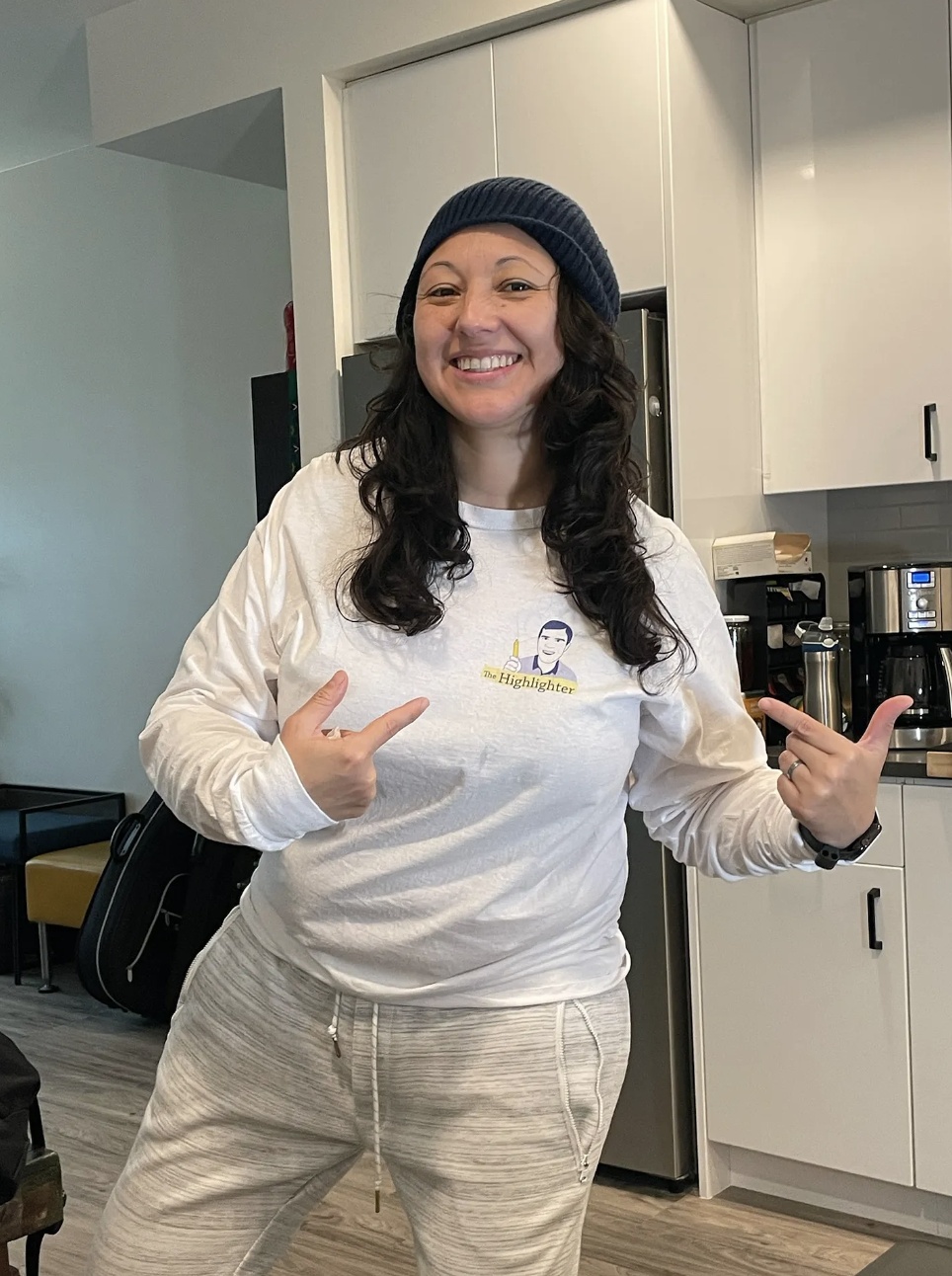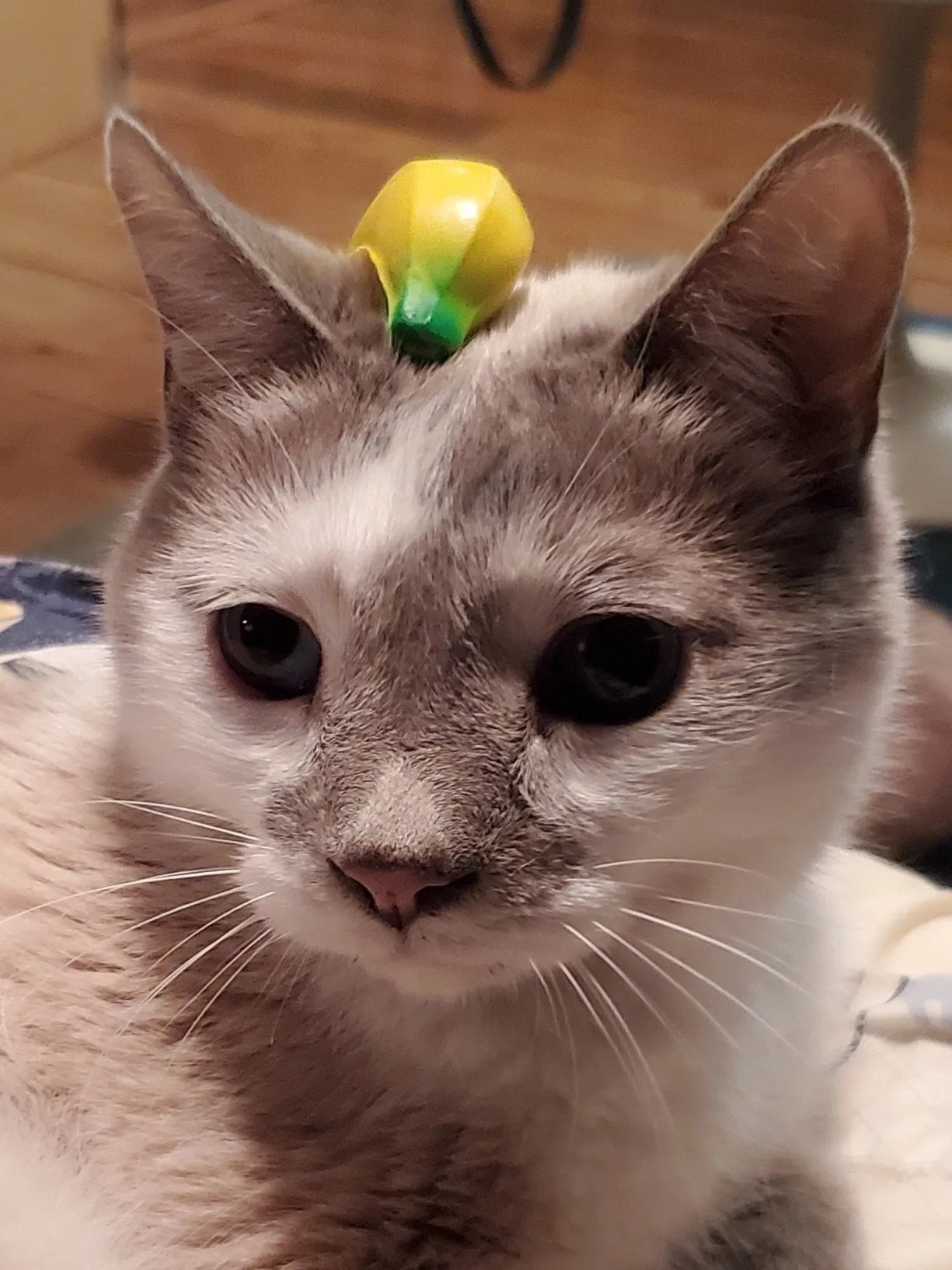An interview with Larissa MacFarquhar, author of “The Fog: Living in Adoption’s Emotional Aftermath”
Welcome, new subscribers, and welcome back, loyal readers! I’m happy you’re here.
⭐️ Before we get started: If you live near Oakland, join me and fellow Article Clubbers at an in-person gathering on Thursday, Nov. 30, at Room 389, beginning at 5:30 pm. It’s a great way to connect with other thoughtful readers and chat about the articles. It’d be wonderful to see you. Here’s more info and where you can get your free ticket.
Today’s issue is dedicated to an interview with Larissa MacFarquhar, the author of “The Fog: Living in Adoption’s Emotional Aftermath,” November’s article of the month.
Originally published in The New Yorker in April, the piece profiles three adoptees who have come out of “the fog,” or the denial of the trauma of being adopted. Not all adoptees have mixed or negative emotions, but many do.
They seek their birth parents but are lied to; they can’t obtain their original birth certificates; they’re told they should be happy they’re adopted when their feelings are complicated; they find the adoption system corrupt; they feel like they’re living a double life, estranged from the person they really are.
By focusing on the lives of Deanna, Joy, and Angela, the article also discusses the history and problems of three categories of adoption: invisible (or closed) adoptions, transracial adoptions, and international adoptions.
If you haven’t read it yet, I urge you to do so — and to join our discussion on December 3, if you’re moved.
I got a chance to interview Ms. MacFarquhar last Friday, and it was an honor. I won’t give everything away, because it’s better to listen, but we discussed a number of topics, including:
how Ms. MacFarquhar became interested in adoption after exploring the problems of the foster care system
how being adopted is a profoundly different way of being human than growing up with one’s biological family
how many adoptees feel they’re not real, that their stories are scrambled, that their identities are disorientating, and that they learn about themselves bit by bit
how although adoption is sometimes the best outcome for a child, our society should be more supportive of birth parents who love and want to keep their kids
Most of all, it became abundantly clear in our conversation that Ms. MacFarquhar is a thoughtful reporter and writer. Her approach to profiling is exquisite; she tells her subjects’ stories directly and with compassion. And no matter your background knowledge on adoption, and no matter your lived experience, this is an article that is worth your time and attention.
Thank you for listening to this week’s episode. Hope you liked it. 😀
To our 3 new subscribers — including Jennifer and Bernice — I hope you find the newsletter a solid addition to your email inbox. To our long-time subscribers (Hunter! Hudson! Hakeem!), you’re pretty great, too. Loyal reader Naya, thank you for sharing the newsletter and getting the word out.
If you like Article Club, please help it grow. I really appreciate your support. Here are two ways you can help out:
❤️ Become a paid subscriber, like Christopher (thank you). If you’ve subscribed for free for a long time, and you appreciate the articles and author interviews, or if you’ve joined one or more discussions, I encourage you to take the leap. You’ll join an esteemed group of readers who value the mission of Article Club. Plus you’ll receive surprise perks and prizes. It’s $5 a month or $36 a year.
📬 Invite your friends to subscribe. Know someone who’s kind, thoughtful, and loves to read? I’d love it if you encouraged them to subscribe. Word of mouth is by far the best way to strengthen our reading community. Thank you for spreading the word.
On the other hand, if you no longer want to receive this newsletter, please feel free to unsubscribe. See you next Thursday at 9:10 am PT.













